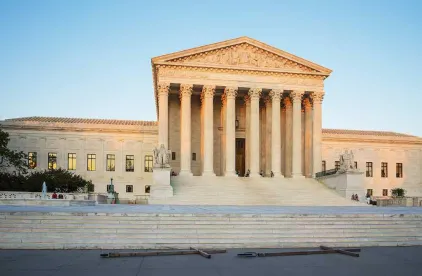One of the trickier issues in the workplace can be a religious accommodation request, and on June 29, it got a lot trickier. In Groff v. DeJoy, No. 22-174 (June 29, 2023), the US Supreme Court decided a case involving a mail delivery employee working for the United States Postal Service. An Evangelical Christian, he asserted that his religious belief required that Sundays be devoted to worship and rest, not work. He eventually resigned after being disciplined for missing several Sundays.
For years the federal courts have held that an employer does not have to provide a religious accommodation if it poses a de minimus burden on the employer or fellow employees. On June 29th, the Supreme Court criticized the federal courts’ evolution of the de minimus standard and reiterated that Title VII requires an employer to show that the burden of granting an accommodation would result in substantial increased costs in relation to the conduct of its particular business. In other words, a burden has to be shown to be substantial in the overall context of the employer’s business, taking into account the nature, size, and operating costs of the employer. The Court did note that this is a somewhat lesser standard than the “undue hardship” standard under the Americans with Disabilities Act.
More importantly, the Court noted that impacts on co-workers are relevant only to the extent those impacts go on to affect the conduct of business. An employer must do more than conclude that forcing other employees to work overtime would alone constitute an undue hardship. Consideration of other options would also be necessary. Bias or hostility by fellow employees toward a religious belief, practice, or accommodation, of course, cannot be a factor.
Religious accommodation requests usually involve modified schedules, modified work attire, or grooming issues. Employers should take all religious accommodation requests very seriously. Each case is very fact-specific, and a wrong decision could be expensive.




 />i
/>i

